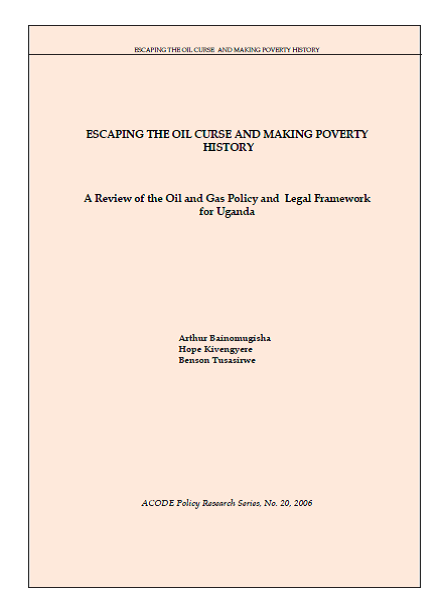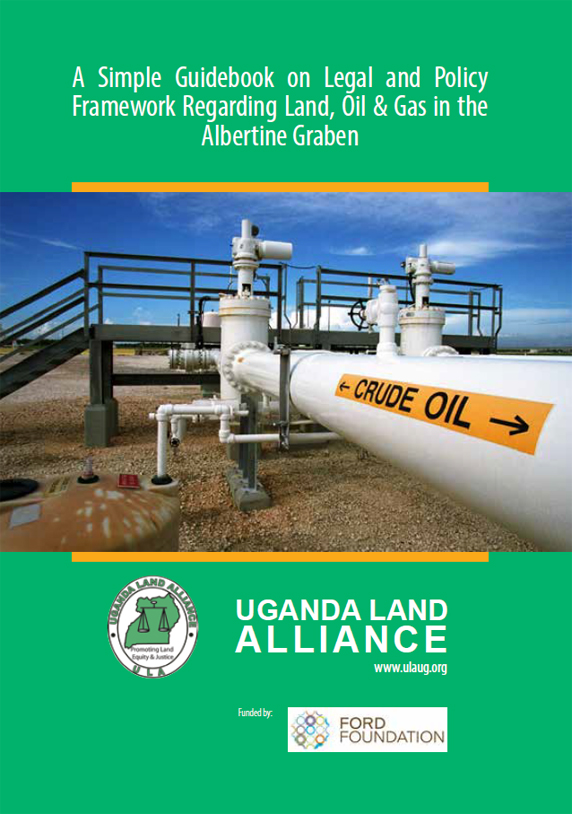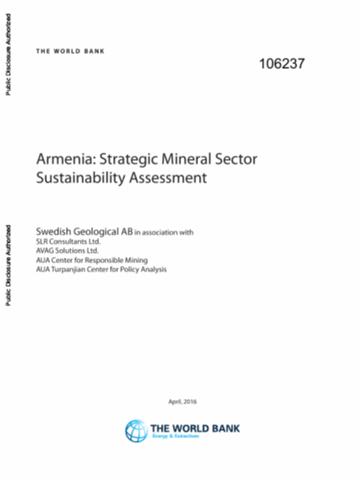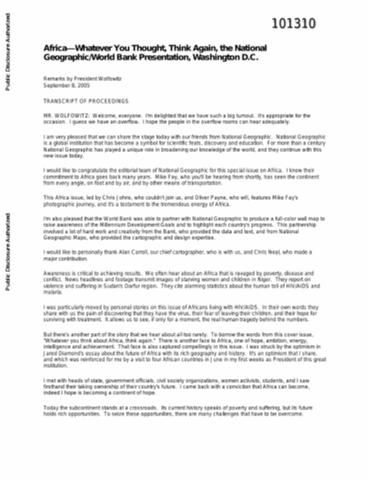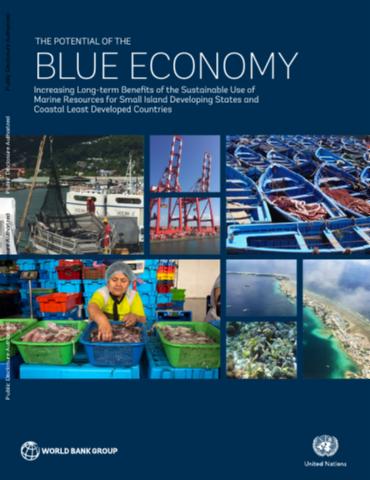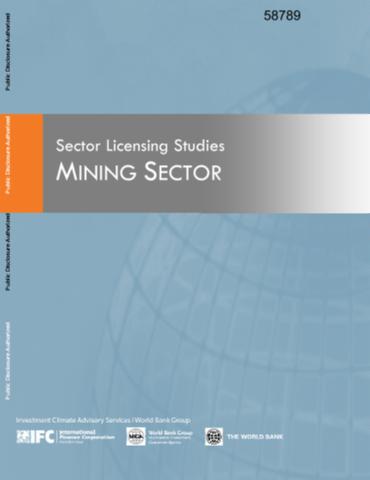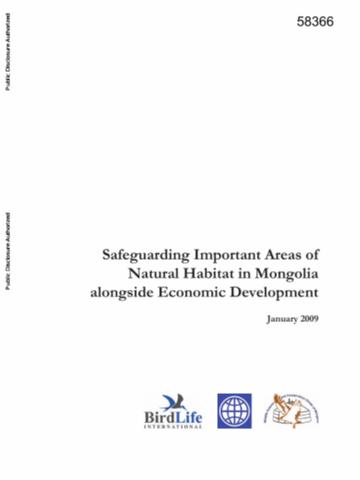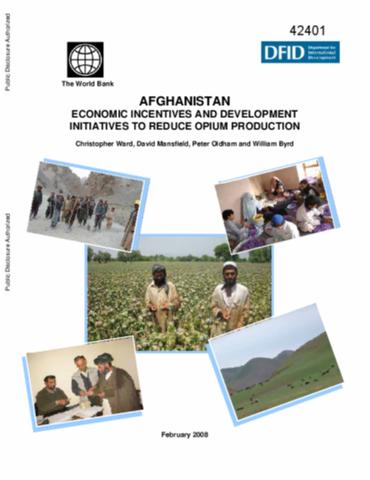Resistance, acquiescence or incorporation? An introduction to land grabbing and political reactions ‘from below’
Political reactions ‘from below’ to global land grabbing have been vastly more varied and complex than is usually assumed. This essay introduces a collection of ground- breaking studies that discuss responses that range from various types of organized and everyday resistance to demands for incorporation or for better terms of incorporation into land deals. Initiatives ‘from below’ in response to land deals have involved local and transnational alliances and the use of legal and extra-legal methods, and have brought victories and defeats.


